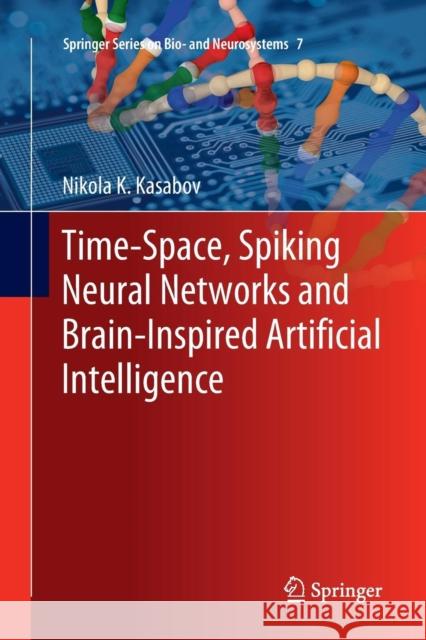Time-Space, Spiking Neural Networks and Brain-Inspired Artificial Intelligence » książka
topmenu
Time-Space, Spiking Neural Networks and Brain-Inspired Artificial Intelligence
ISBN-13: 9783662586075 / Angielski / Miękka / 2019 / 738 str.
Kategorie:
Kategorie BISAC:
Wydawca:
Springer
Seria wydawnicza:
Język:
Angielski
ISBN-13:
9783662586075
Rok wydania:
2019
Wydanie:
Softcover Repri
Numer serii:
000904331
Ilość stron:
738
Waga:
1.06 kg
Wymiary:
23.11 x 15.49 x 4.32
Oprawa:
Miękka
Wolumenów:
01
Dodatkowe informacje:
Wydanie ilustrowane











